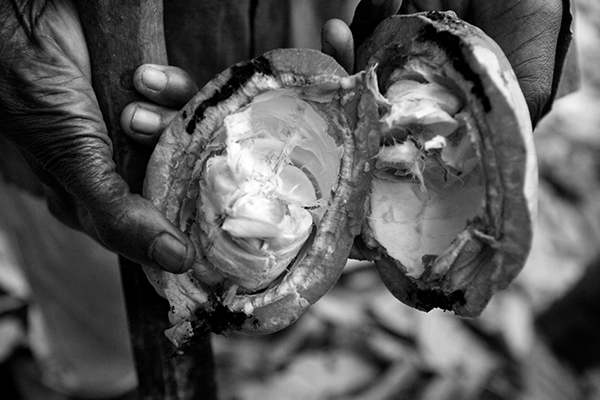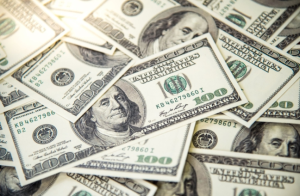
Ghana’s cocoa export income has endured a staggering shot, plunging by almost $700 million in the primary portion of 2024. The continuous effect of unlawful mining (galamsey), carrying, and crop infections has seriously disabled cocoa creation, coming down on the area that has for some time been the foundation of the country’s economy.
As per the most recent Bank of Ghana, July 2024 Outline of Macroeconomic and Monetary Information, cocoa send out returns dropped forcefully from $1.45 billion in the primary portion of 2023 to simply $760 million in a similar period this year, denoting a stunning 47.7% decay.
Cocoa send out incomes have drooped in the post-pandemic period, with half-year inflows uncovering a sensational 134% decay. This slump has brought about misfortunes surpassing $1 billion starting around 2021, highlighting the extreme difficulties confronting Ghana’s cocoa industry.
Ghana’s cocoa harvest in the 2023-2024 season, which finished for this present month, was supposed to be 650,000 tons to 700,000 tons versus an underlying estimate of 850,000 tons, as per the Ghana Cocoa Board. Nonetheless, individuals acquainted with the business say antagonistic climate, illness, lack of compost, and galamsey in cocoa-developing regions could prompt projected yields falling under 500,000 tons.
On top of this, rising instances of bean carrying to adjoining nations at generally greater expenses could prompt the world’s second-biggest maker of cocoa losing around 200,000 tons, influencing its capacity to acquire required bean confirmations to draw in greater credits from the cocoa partnership program.
COCOBOD, Ghana’s essential cocoa controller, is very much in the know about its decaying financial soundness in the global partnered credit market coming from the failure to supply adequate beans and the difficult obligation rebuilding exercise.
Thus, it has gone to homegrown self-funding as a method for surviving. The close to fall of Ghana’s forward cocoa deals last season sent an unmistakable message: a critical gamble premium will currently be put on Ghana’s cocoa beans, for this season as well as for resulting ones too.
This is incompletely on the grounds that the nation neglected to meet its legally binding commitments to cocoa purchasers, leaving exchanging houses with misfortunes surpassing $1.4 billion on cocoa subordinates, as they had to sell short situations in the midst of a mobilizing market, where costs flooded to $10,000 per ton.
The driving elements behind this vulnerability are complex. Awful climate, crop infections, sneaking, and unlawful mining keep on upsetting Ghana’s cocoa creation. These equivalent difficulties, intensified by last season’s default, have prompted a flood in risk discernment among financial backers and global purchasers.
While COCOBOD at first projected $1.5 billion in outer subsidizing for this season, these new advancements mean Ghana might be overestimated because of the lofty loan costs related with the apparent gamble.
By and large, cocoa has been the foundation of Ghana’s economy, giving basic unfamiliar trade income that settle the cedi, especially against the US dollar. Notwithstanding, the current year’s presentation has been dismal. In the second quarter of 2024, all out government income and awards saw a huge decay, principally because of the horrible showing of key expense handles and an undeniable decrease in cocoa inflows.
Trade profit from cocoa plunged by almost 48% in the primary portion of the year, contrasted with a similar period in 2023. In dollar terms, this addressed a deficit of more than $690 million, seriously debilitating the cedi, which has lost more than 20% of its worth against the US dollar starting from the beginning of the year.
Ghana’s reliance on cocoa trades is in this way confronting a basic point, as both homegrown creation difficulties and global market certainty vacillate. COCOBOD’s turn to homegrown funding might act as a band-aid, yet without tending to the fundamental creation and commodity issues, the eventual fate of the country’s cocoa area — and its more extensive monetary steadiness — stays in danger.







